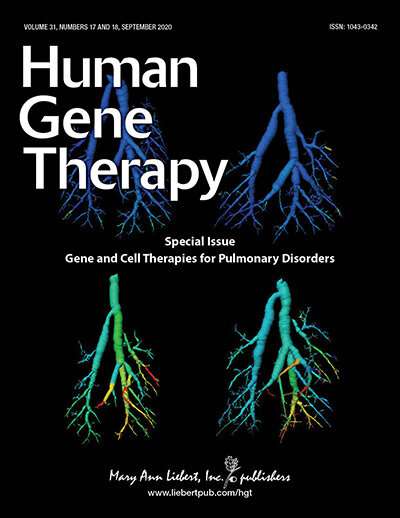Gene therapy corrects the cardiac effects of Friedreich's ataxia

Gene therapy was successfully used to overcome the cardiac effects of Freidreich's ataxia (FA) in a mouse model of the disease, as reported in the peer-reviewed journal Human Gene Therapy.
Researchers at Weill Cornell Medical College created a unique, cardiac-specific mouse model of FA that is similar to early stage human disease. The mice are normal at rest but exhibit stress-induced cardiac symptoms, such as when they exercise on a treadmill.
In the article "Stress-induced Mouse Model of the Cardiac Manifestations of Friedreich's Ataxia Corrected by AAV-mediated Gene Therapy," the treated mice received a one-time intravenous dose of adeno-associated virus (AAV) gene therapy to deliver the frataxin gene, which is deficient in FA. These mice exhibited exercise performance on a treadmill that was indistinguishable from their healthy littermates.
"The complexity of single gene disorders often complicates the strategies approached to clinical gene therapy," according to Editor-in-Chief of Human Gene Therapy Terence R. Flotte, MD, Celia and Isaac Haidak Professor of Medical Education and Dean, Provost, and Executive Deputy Chancellor, University of Massachusetts Medical School. "The demonstration by these authors that FA may require a systemic delivery method to correct both the cardiac and neurologic manifestations of the disease could be of critical importance in future FA gene therapy."
More information: Christiana O. Salami et al, Stress-Induced Mouse Model of the Cardiac Manifestations of Friedreich's Ataxia Corrected by AAV-mediated Gene Therapy, Human Gene Therapy (2020). DOI: 10.1089/hum.2019.363




















